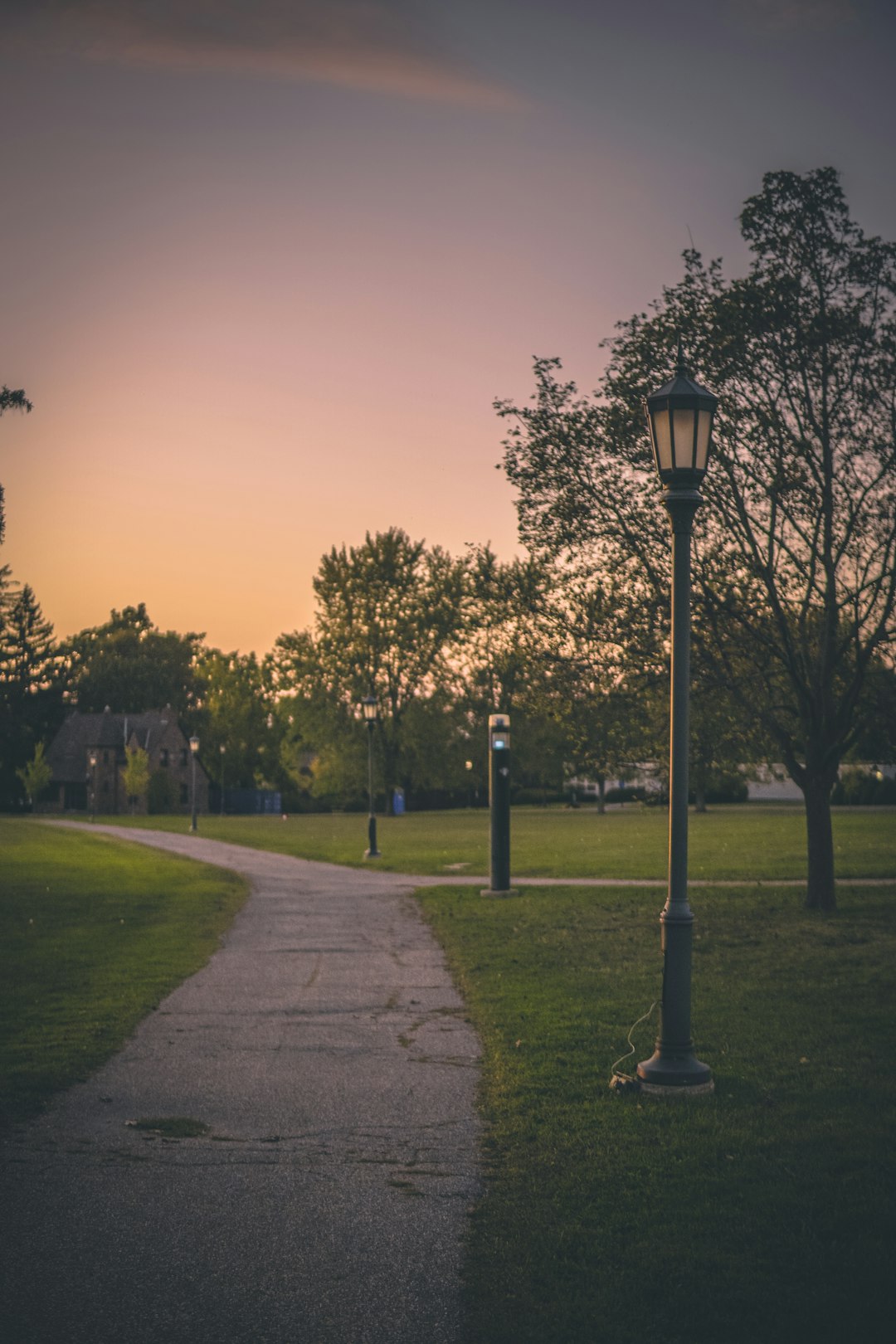Unwanted calls are a prevalent issue in Vermont, causing stress and fear among residents. To combat this, individuals facing persistent telemarketers or scam artists should connect with local legal aid groups and unwanted call lawyers specializing in consumer protection. These professionals offer guidance on blocking calls, legal recourse options, and steps to reclaim control over communication channels, restoring security and peace of mind. Vermont has a robust legal framework against harassment, with support from non-profit organizations, law enforcement, and dedicated hotlines. A strategic approach involving community partnerships, educational initiatives, and online platforms can create a comprehensive support network for victims.
Unwanted calls can have detrimental effects on individuals, leading to stress, anxiety, and even fear. In Vermont, where privacy laws are stringent, victims of unwanted phone marketing or telemarketing calls have specific legal rights. This article guides you through building a support network for those affected. We’ll explore strategies, community initiatives, and resources, including connecting with unwanted call lawyers in Vermont to ensure victims understand their rights and receive the assistance they deserve.
Understanding the Impact of Unwanted Calls

Unwanted calls, while often considered a nuisance, can have profound effects on individuals and communities. In Vermont, where residents may enjoy a quieter lifestyle compared to larger metropolitan areas, the impact of unwanted phone marketing or fraudulently intended calls can be especially disconcerting. Victims of such calls may experience stress, anxiety, and even fear, disrupting their daily lives and peace of mind. This is where a robust support network becomes crucial, offering not just practical assistance but also emotional relief.
Vermont residents facing unwanted calls, whether it’s persistent telemarketers or scam artists, can benefit from connecting with local legal aid groups and unwanted call lawyers who specialize in consumer protection. These professionals provide guidance on blocking calls, legal recourse options, and the right steps to take when dealing with harassing or fraudulent phone activities. By understanding their rights and available resources, victims can begin rebuilding their sense of security and reclaim control over their communication channels.
Legal Rights and Resources for Victims in Vermont

Victims of unwanted calls, or telephone harassment, in Vermont have legal rights and resources available to protect them from such distressing behavior. The first step for any victim is to understand their rights under Vermont state law. Harassment is defined as repeated and intentional actions directed at a specific person with the intent to cause emotional distress or fear. Unwanted call lawyers in Vermont can guide victims through this legal landscape, helping them navigate options like filing a complaint with the Vermont Attorney General’s office or seeking civil litigation against the harasser.
Several organizations also offer support and guidance specifically for victims of unwanted calls. These include non-profit legal aid groups that provide free or low-cost legal services to those who cannot afford an attorney. Additionally, local law enforcement agencies can assist with documenting incidents and providing security measures to ensure victim safety. Vermont’s legal framework ensures that victims have access to tools to stop harassment and seek justice.
Building a Support Network: Strategies and Initiatives

Building a robust support network for victims of unwanted calls in Vermont requires a multi-faceted approach. One effective strategy is to partner with local community organizations, schools, and churches to raise awareness about the issue. Educational workshops, seminars, and community events can help inform folks about how to recognize and handle unwanted calls, empowering them to take proactive measures. Engaging with these groups also allows for the collection of valuable data on call patterns and potential sources, which can aid in targeted interventions.
Initiatives should also focus on establishing hotlines and support groups specifically tailored to victims of unwanted calls. Collaborating with Vermont-based unwanted call lawyers can provide legal guidance and advocacy, ensuring victims understand their rights. Additionally, leveraging online platforms and social media to connect individuals experiencing similar issues can foster a sense of community and solidarity. These digital networks facilitate the exchange of resources, tips, and emotional support, enhancing overall well-being.






